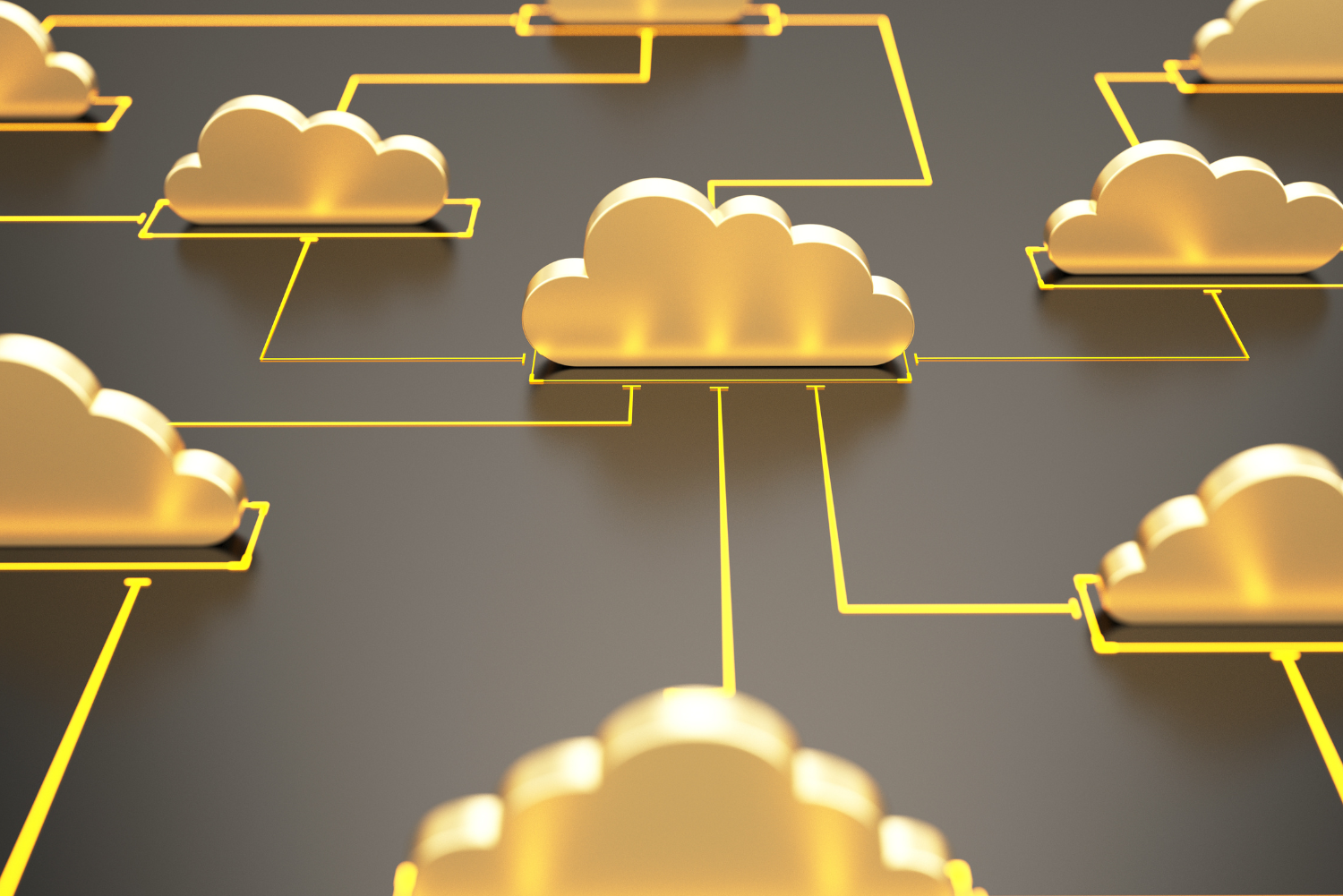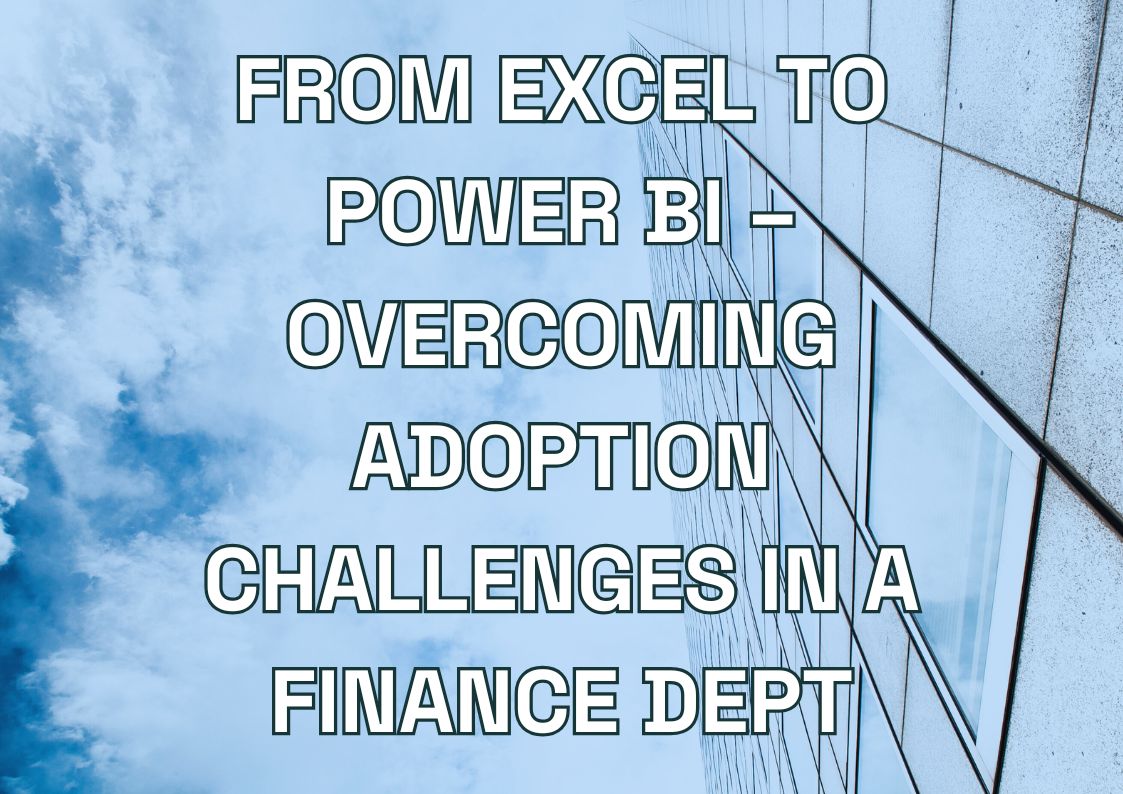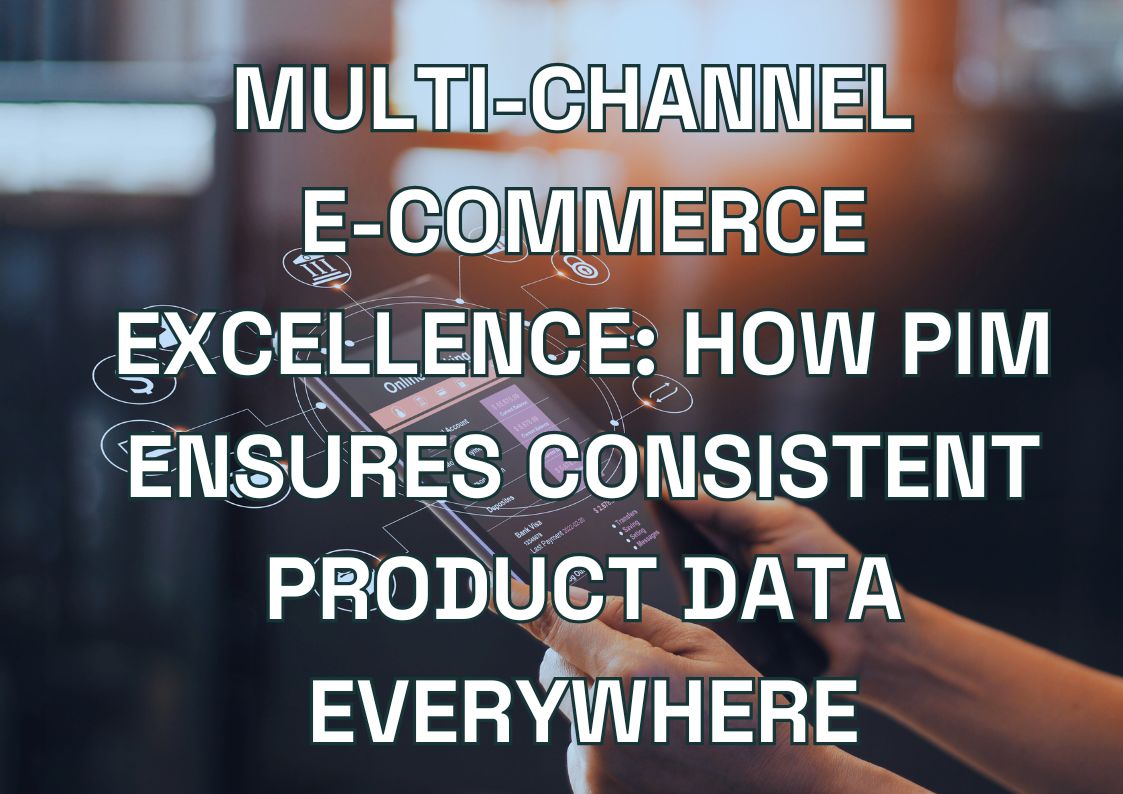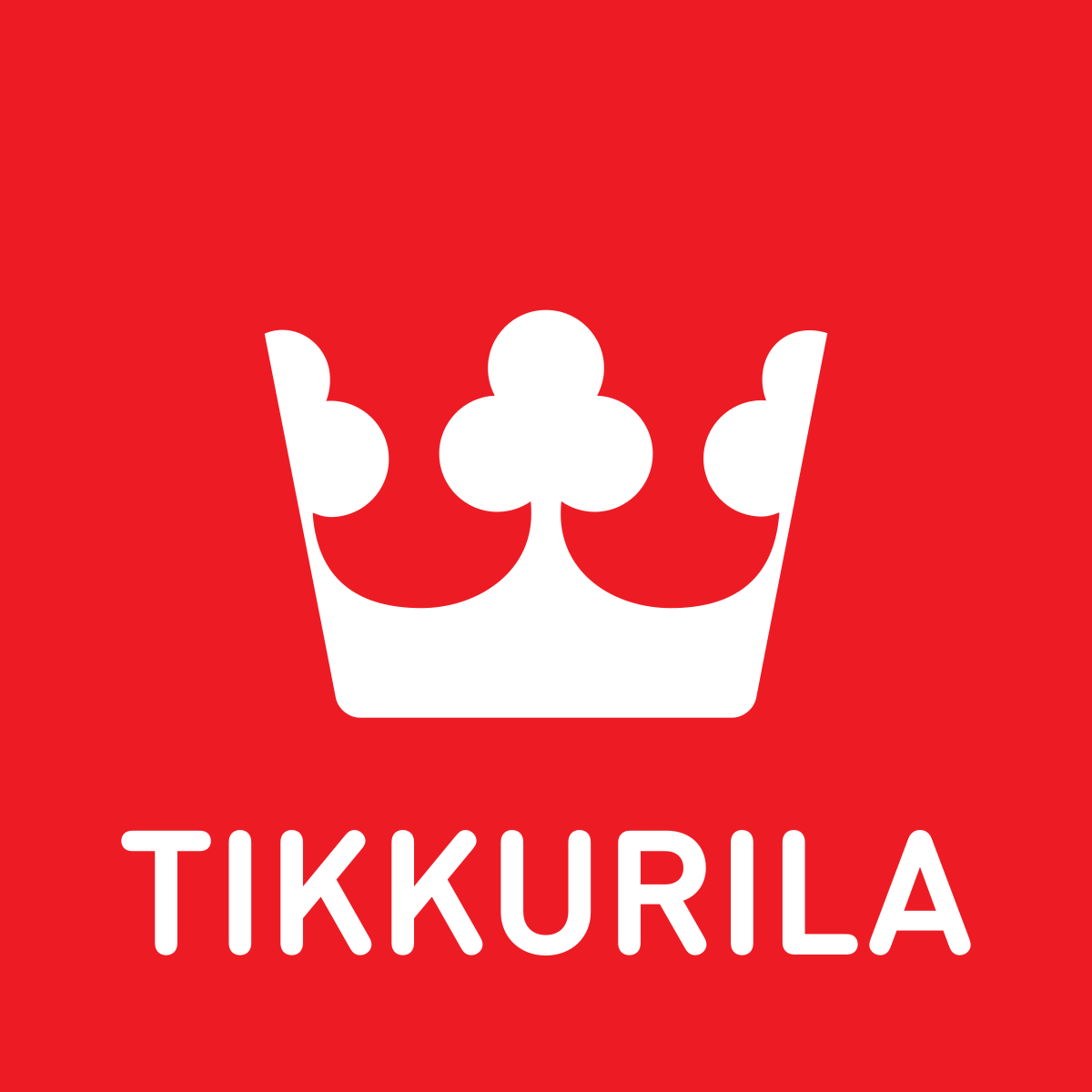Are you considering a move to cloud infrastructure but struggling to choose the right provider? As businesses face increasing pressure to modernize their IT infrastructure, Google Cloud Platform (GCP) has been seen as a compelling choice, especially for companies seeking enterprise-grade solutions with advanced AI capabilities.
When evaluating the advantages and disadvantages of cloud service providers, technical leaders often face a critical question: will this platform truly deliver the scalability, security, and innovation their projects need? Google Cloud Platform stands out by offering a comprehensive suite of cloud services that go beyond basic infrastructure.
What Makes Google Cloud Platform Stand Out in 2025?
What sets GCP apart is its foundation in Google’s vast technical expertise and infrastructure. The same technology that powers Google Search, YouTube, and Gmail now supports your enterprise applications. This translates into unmatched scalability, proven reliability, and access to cutting-edge technologies like advanced AI and machine learning tools.
GCP delivers three core service models:
- Infrastructure as a Service (IaaS) for complete control over your computing resources
- Platform as a Service (PaaS) for streamlined application development
- Software as a Service (SaaS) for ready-to-use cloud applications
For developers and IT decision-makers, this means access to a platform that meets current needs and provides a clear path to future innovation. Whether you’re building new applications, migrating existing workloads, or scaling your infrastructure, GCP offers the tools and capabilities to support your business.
Need expert GCP implementation support?
From initial migration planning to enterprise-grade implementation, our team can guide you through a thorough assessment and optimization process.
Our technical team will analyze your needs and propose the best GCP solution.

Our technical team will analyze your needs and propose the best GCP solution.

Top Benefits of Google Cloud Platform – Why Should You Use Cloud Computing From Google?
Google Cloud Platform offers distinct advantages that set it apart from other providers, especially in enterprise-level implementations. Let’s explore the key benefits that make GCP a strategic choice for modern businesses.
Enterprise-Grade Security Infrastructure
Security remains the top concern for organizations considering cloud migration. Google Cloud Platform addresses this with a multi-layered security approach that protects your data at every level.
The core of GCP’s security framework is Identity and Access Management (IAM), offering granular control over resource access. It lets you set exactly who can access what, from specific databases to entire applications. You can create custom roles or use ready-made ones, making it easy to manage access for teams of any size.
The Security Command Center works like a security dashboard for your entire cloud setup. It keeps track of all your resources and automatically spots potential security risks before they become problems. What’s particularly useful is that it shows you everything in real time, so you can act quickly if something looks suspicious.
What sets GCP apart is its automated security update system, which deploys patches across your infrastructure without manual intervention. With advanced threat detection powered by machine learning algorithms that process over 500 billion security events daily, your applications remain protected against evolving cyber threats.
Global Network Performance
Want your applications to be fast, no matter where your users are? With a presence in over 200 countries and territories, your applications run on the same high-speed networks that power Google Search and YouTube.
GCP has built 34 regions and 103 zones worldwide, which means your applications can run closer to your users, making them faster and more responsive. Think of it like having local offices worldwide – each one serving nearby customers quickly and efficiently.
The platform’s global load balancing is particularly impressive:
- Your traffic gets automatically routed to the nearest available server
- If one location has problems, traffic smoothly moves to another
- You get a single IP address that works worldwide
- Load balancing that adjusts in real-time based on actual performance
Plus, when GCP needs to do maintenance or upgrades, its live migration technology keeps your applications running without any downtime. Your users won’t even notice when updates are happening behind the scenes.
Intelligent Cost Management
Worried about unpredictable cloud storage costs? Google Cloud Platform uses a straightforward pricing model that bills you only for what you use.
The per-second billing model saves money compared to hourly billing. If you need a server for 5 minutes or 5 hours, you pay for exactly that time. This precise billing cuts costs, especially when your usage varies daily.
GCP’s resource optimization tools help control spending:
- Suggestions for adjusting resource allocation
- Clear cost forecasting and budgeting
- Alerts when spending passes your limits
- Discounts for long-term commitments
Advanced AI and Machine Learning Integration
GCP includes practical machine learning tools and pre-built solutions. The platform offers ready-to-use ML models for common tasks:
- Vision AI analyzes images and detects objects
- Natural Language AI processes text and gauges sentiment
- Speech-to-Text and Text-to-Speech convert voice and text
- Translation AI handles multiple languages in real-time
For custom needs, AutoML helps create specialized ML models without deep technical knowledge. BigQuery ML lets you build and run machine learning models with SQL queries – perfect for data teams who already know SQL.
Smart Data Analytics Ecosystem
Need to process massive amounts of data quickly? BigQuery, GCP’s flagship analytics tool, handles petabytes of data with SQL queries. Unlike traditional data warehouses, BigQuery separates storage from computing, so you pay only for the queries you run.
GCP’s analytics tools work together smoothly:
- Real-time data processing with Dataflow
- Quick data visualization through Data Studio
- Built-in machine learning capabilities in BigQuery
- Simple API connections to common data sources
The real power comes from how these tools connect. For example, you can stream data from your applications directly into BigQuery, analyze it with SQL, and automatically trigger actions based on results – all in real-time. This integration makes it possible to build data-driven applications that respond to changes as they happen.
Modern Container Orchestration
Running containerized applications? GCP created Kubernetes, and it shows in their container tools. Google Cloud offers the most refined Kubernetes experience among cloud providers.
Your containerized applications get:
- Autopilot mode that manages clusters automatically
- Simple scaling up or down based on demand
- Built-in tools for microservices architecture
- Serverless options through Cloud Run
What makes GCP’s container platform stand out is its automation. While other cloud providers offer Kubernetes, GCP’s version includes advanced features like automatic node repair, automatic upgrades, and release channels for new features. This means less time managing infrastructure and more time improving your applications.
Developer-Friendly Environment
GCP puts developers first with tools that speed up development and testing. Cloud Code integrates directly with popular IDEs, while Cloud Build automates your build and test processes.
The platform includes:
- Ready-to-use CI/CD pipelines
- Testing tools that match production environments
- Simple API creation and management
- Quick deployment options for testing
Beyond the basic tools, Google Cloud offers advanced debugging capabilities like Cloud Trace and Error Reporting. These tools help you find and fix problems quickly, even in complex microservices architectures. The platform also includes Cloud Source Repositories, offering private Git repositories that integrate well with other GCP services.
Our Cloud-Related Expert Services & Consulting
Limitations to Consider Before Going For GCP – What Are The Cons?
No cloud platform is perfect, and the Google Cloud Platform comes with its own set of challenges. While the advantages of Google Cloud are clear, it offers powerful features and innovative solutions, it’s important to understand potential drawbacks before making your decision. Like other cloud providers such as AWS or Azure, GCP has areas where some users face difficulties.
Learning Curve and Complexity
Moving to GCP takes time and effort. While Google’s cloud services pack powerful features, they come with a learning curve. New users often need weeks to understand the basic services and months to master advanced features.
The platform needs:
- Technical teams with cloud experience
- Time to learn GCP’s specific approaches
- Understanding of complex service interactions
- Regular training to keep up with new features
Many organizations find that GCP’s documentation, while comprehensive, can be overwhelming. Unlike AWS, which offers more straightforward paths for common tasks, it often provides multiple ways to solve the same problem.
This flexibility is powerful but can slow down teams as they figure out the best approach for their needs. The platform’s rapid release of new features means your team needs to constantly learn and adapt their skills.
Cost Management Challenges
Cloud bills can surprise you without careful planning. While pricing options offered by GCP are competitive, costs can add up quickly through:
- Complex discount structures that need active management
- Hidden costs in data transfer and storage
- Resource waste from unused or oversized services
- Need for dedicated cost monitoring tools
The pricing complexity goes deeper than just service costs. Inter-region data transfer fees, storage class transitions, and network egress charges can significantly impact your bill. While GCP provides cost management tools, they require active monitoring and regular adjustments.
Many teams find they need a dedicated person or team just to optimize cloud spending and manage resource allocation. Even with committed use discounts, predicting and controlling costs remains one of the biggest challenges when using Google Cloud Platform.
Google Cloud Infrastructure Implementation – Process With Experts For Business Success
Moving to Google Cloud needs careful planning. A successful implementation combines technical expertise with strategic thinking. That’s where professional guidance makes a real difference.
What are the key steps in your GCP implementation?
- Thorough migration assessment of your current systems
- Strategic resource planning to optimize costs
- Performance tuning for your specific workloads
- Setting up the right support structure
The path to cloud success varies for each business. Some organizations need help with initial on-premise to cloud migration, while others want support optimizing their existing GCP setup. Working with experienced cloud partners like Multishoring gives you access to certified experts who understand both the technical and business sides of cloud implementation.
Ready to make the most of Google Cloud Platform? Contact Multishoring for a free consultation. Our team of Google Cloud experts will help you plan and execute your GCP implementation, ensuring you get the full benefits of Google’s cloud technology while avoiding common pitfalls.
Let's talk about your IT needs

Let me be your single point of contact and lead you through the cooperation process.
Choose your conversation starter
Signed, sealed, delivered!
Await our messenger pigeon with possible dates for the meet-up.








